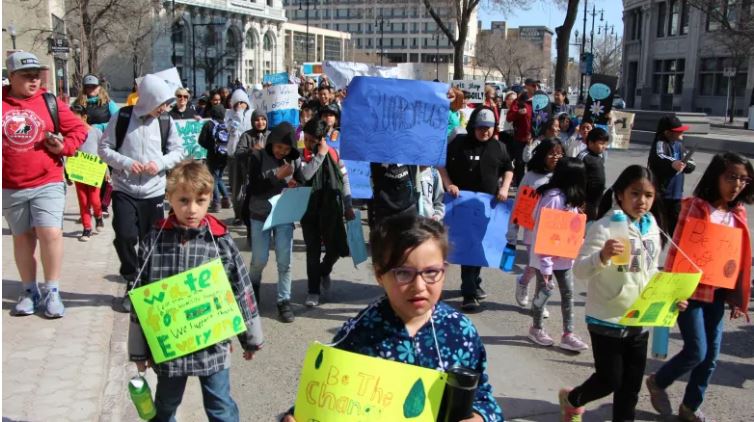New Water Infrastructure in Port Hawkesbury
An investment by the Province will help improve and ensure access to clean water for people in Port Hawkesbury. The $1.1 million in funding to upgrade the water supply and distribution system will provide a new above ground building and associated equipment, replacing the Pitt Street water tower and the existing pressure reducing valve vault on MacDonald Street.















